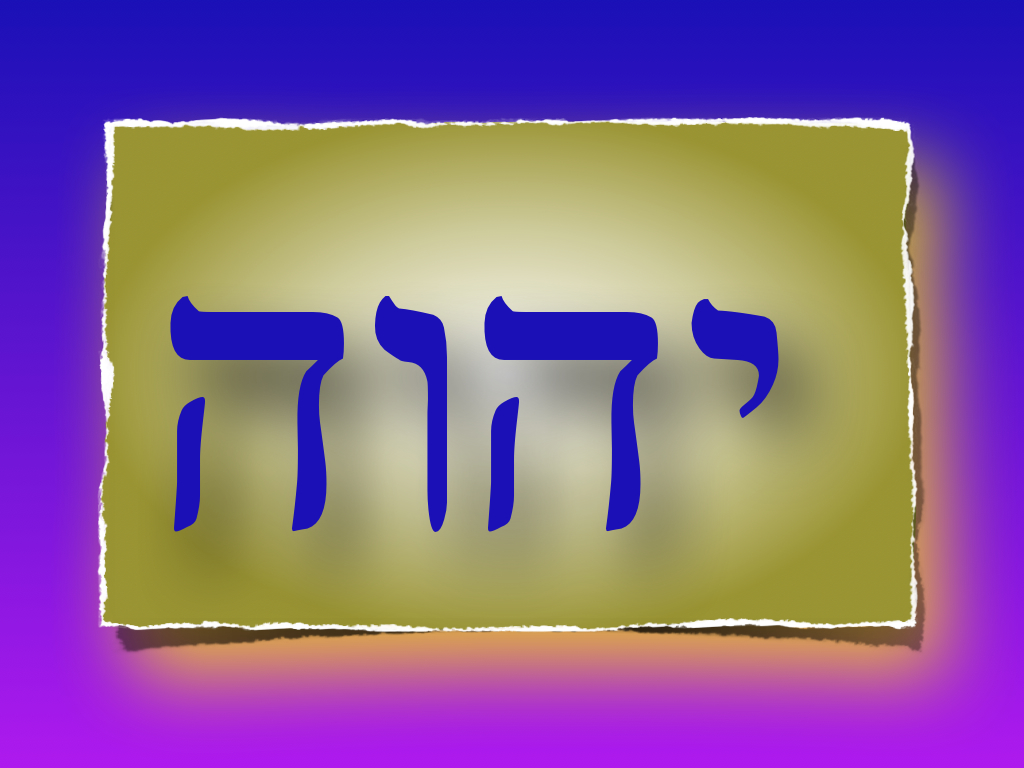Exodus 6:1–9, YHVH redeems Israel. The stage is set for Israel’s redemption in Exodus 5:22–23. Yet Moses’ first venture to Pharaoh was a disaster. The plight of the children of Israel had deteriorated instead of improved. Discouraged, Moses almost takes on an accusative tone toward YHVH (Exod 5:22–23). Graciously, YHVH doesn’t rebuke Moses, but as a loving Father encourages him to refocus on his word and the veracity and surety of his promises (Exod 6:2–5).
YHVH encouraged Moses upward and onward despite his discouraging first attempt at gaining the release of the children of Israel. Is it possible that YHVH allowed immediate success to elude Moses at his first encounter with Pharaoh to bring Moses “to the end of himself” with regard to any tendency he might have had to rely primarily on himself and on his own wisdom? After all, Moses, as either Pharaoh’s adopted grandson or his nephew (depending on whether this was the Pharaoh of Moses’ childhood or his son), had an “in” with the monarch that could have been exploited for the benefit of securing the release of Israel. As YHVH wanted Moses to rely on him alone for Israel’s deliverance, so YHVH wants us to rely on him alone to accomplish his purposes in our lives and not any human abilities that we may possess. We have to be totally Continue reading


